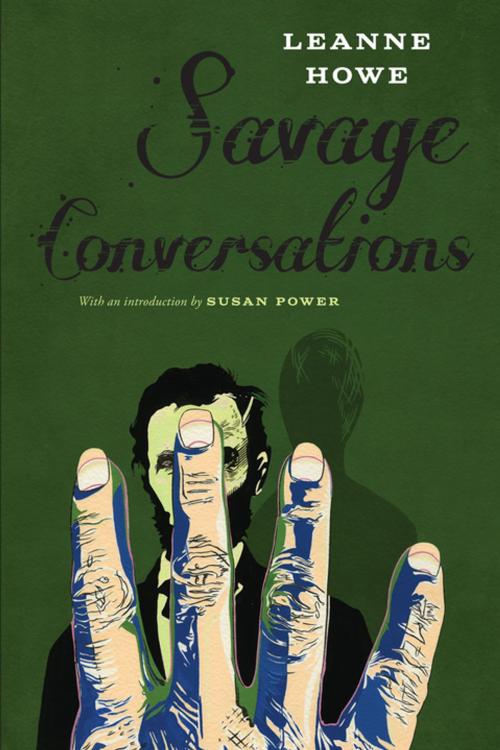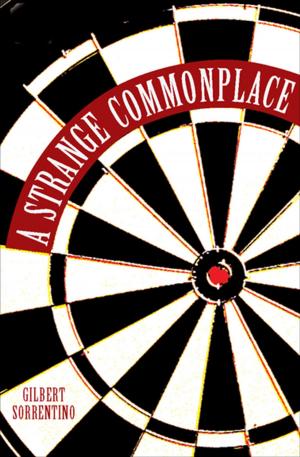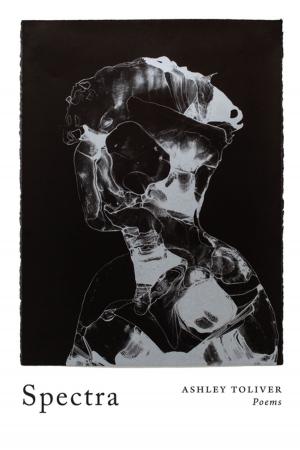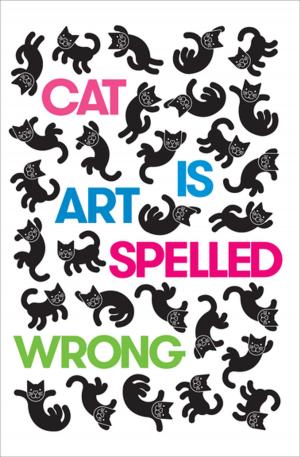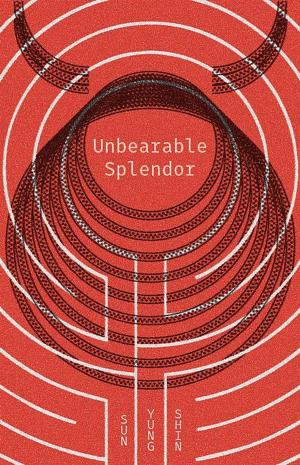| Author: | LeAnne Howe | ISBN: | 9781566895408 |
| Publisher: | Coffee House Press | Publication: | February 5, 2019 |
| Imprint: | Coffee House Press | Language: | English |
| Author: | LeAnne Howe |
| ISBN: | 9781566895408 |
| Publisher: | Coffee House Press |
| Publication: | February 5, 2019 |
| Imprint: | Coffee House Press |
| Language: | English |
• The historical effacement of Native Americans has seen some remedy in the arts of late, and Savage Conversations brings both those original crimes, and the crime of their erasure from our history, to a much needed reckoning. • Like Layli Long Soldier's Whereas, Savage Conversations deals with the mass execution of the Dakota 38, situating it within our veneration of Lincoln, our collective culpability, and continuing trauma of Native people. In Howe's work, the surreal and the theatrical dislocate the reader and sharpen the lopsidedness and cruelty of the confrontation, and make visceral its insidious affect on our culture, for perpetrator and victim alike. • Howe's use of Mary Todd Lincoln's family tragedies and her later institutionalization give a new edge to the poisonous, deforming legacy of this country's treatment of Native people. • Coffee House has built a list on politically charged, formally inventive work (Karen Tei Yamashita being the most notable example), and this fits in with that tradition, making another forceful argument for the importance of art to better understanding ourselves, our societies, and our responsibilities to each other.
• The historical effacement of Native Americans has seen some remedy in the arts of late, and Savage Conversations brings both those original crimes, and the crime of their erasure from our history, to a much needed reckoning. • Like Layli Long Soldier's Whereas, Savage Conversations deals with the mass execution of the Dakota 38, situating it within our veneration of Lincoln, our collective culpability, and continuing trauma of Native people. In Howe's work, the surreal and the theatrical dislocate the reader and sharpen the lopsidedness and cruelty of the confrontation, and make visceral its insidious affect on our culture, for perpetrator and victim alike. • Howe's use of Mary Todd Lincoln's family tragedies and her later institutionalization give a new edge to the poisonous, deforming legacy of this country's treatment of Native people. • Coffee House has built a list on politically charged, formally inventive work (Karen Tei Yamashita being the most notable example), and this fits in with that tradition, making another forceful argument for the importance of art to better understanding ourselves, our societies, and our responsibilities to each other.
